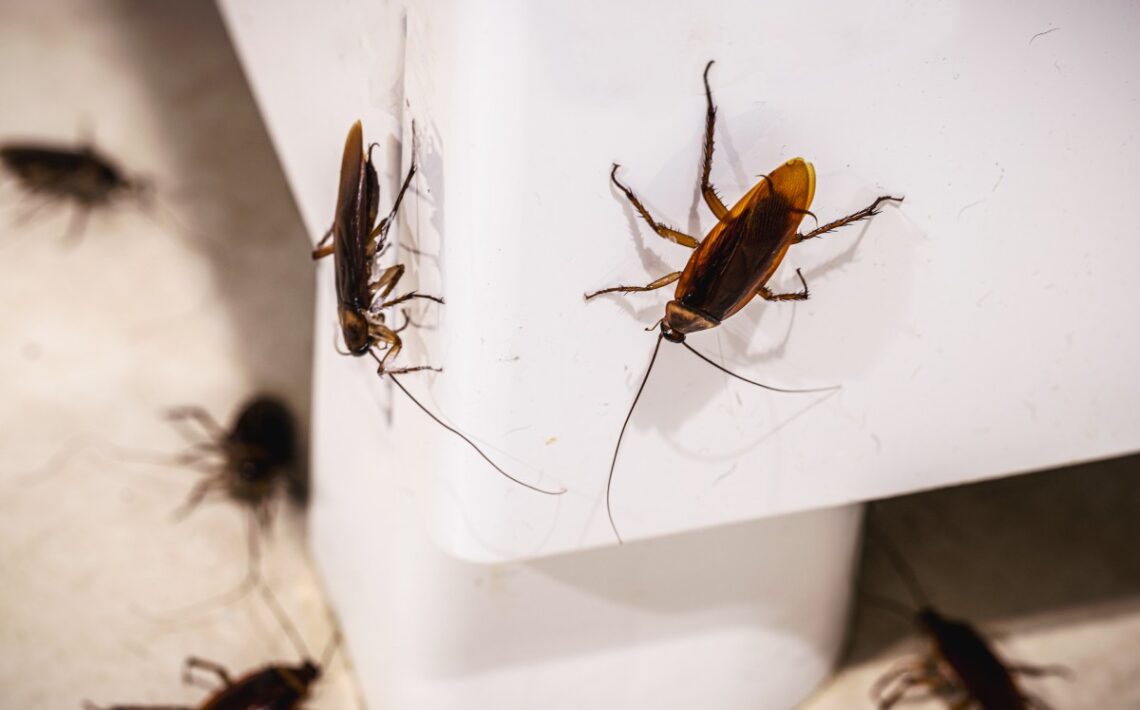Residential Pest Control
Residential Pest Control
Residential pest control services play a crucial role in maintaining safe and healthy home environments. Pests like bed bugs, termites, carpenter ants, and cockroaches can not only cause significant structural damage to properties but also pose various health risks. These services provide a necessary intervention to exterminate pests and manage any related problems effectively.
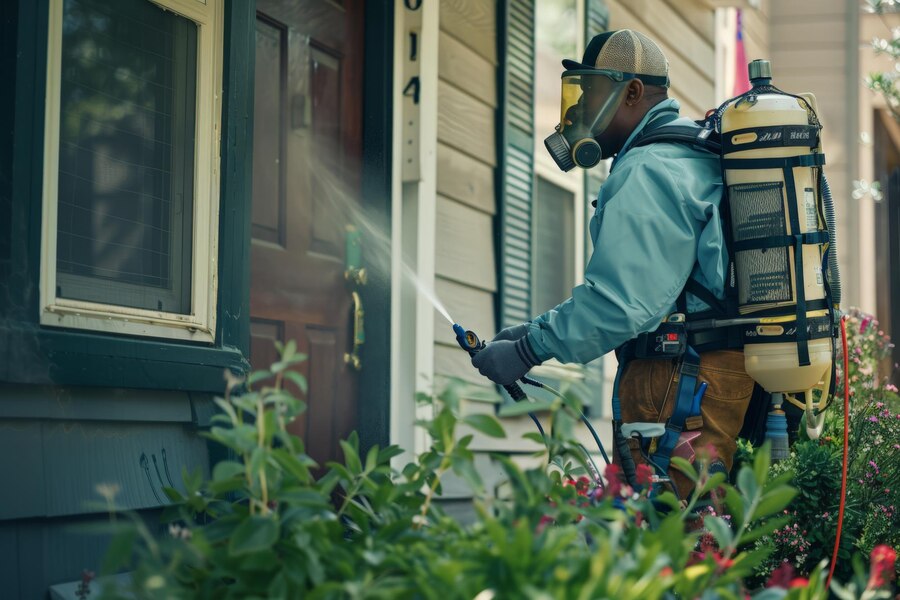
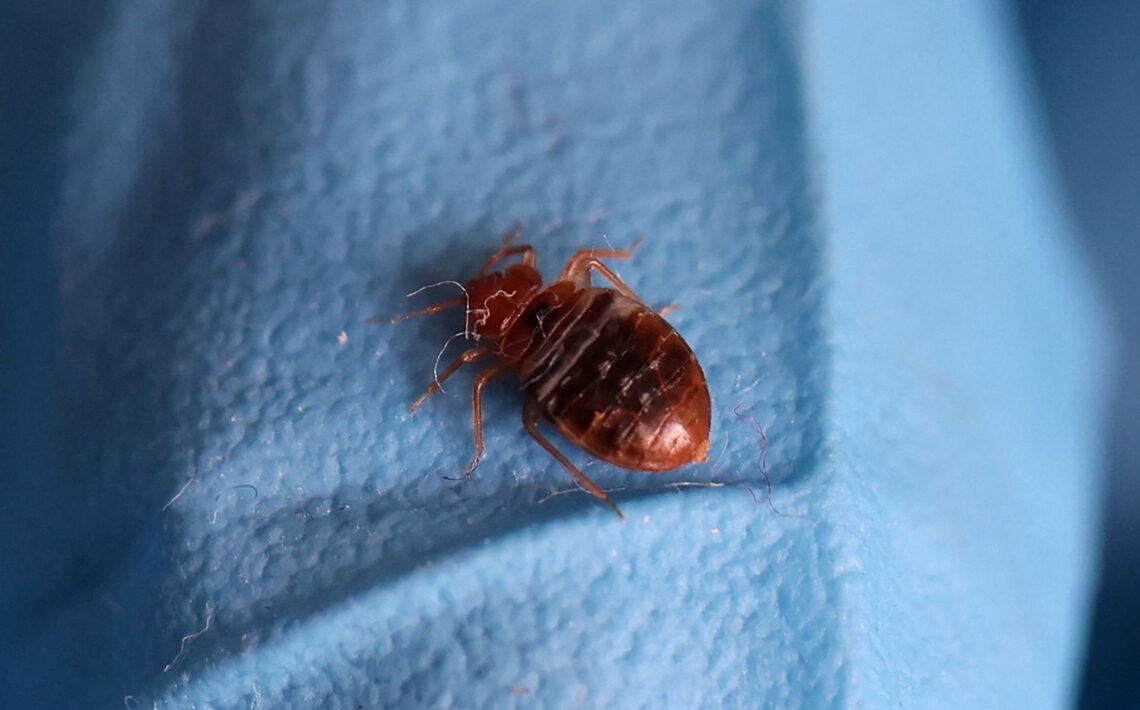
Bed bugs
Bed bugs are notorious for their ability to spread quickly and remain undetected until severe infestations occur. They are known for causing discomfort through their itchy bites and can significantly impact the quality of life in residential settings. Pest control professionals employ various techniques such as heat treatment and chemical applications to eliminate these pests and prevent future infestations.
Termites
Termites, often called ‘silent destroyers,’ can cause extensive damage to the structural integrity of homes by feeding on wood. The annual financial impact of termite damage and control measures is substantial, often running into billions globally. Effective termite control typically involves the use of baits, chemical barriers, and direct chemical applications to infested areas, providing long-term protection against termite invasion.
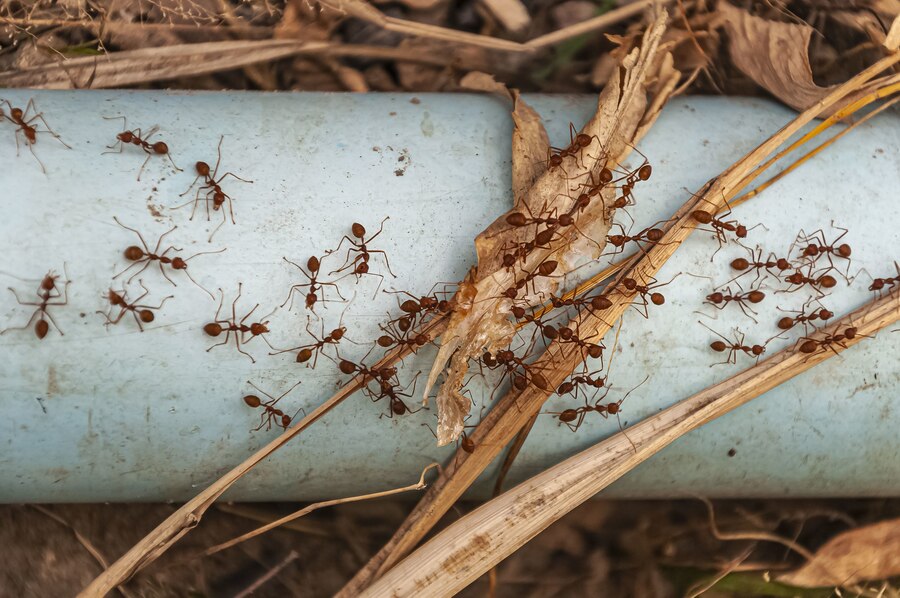
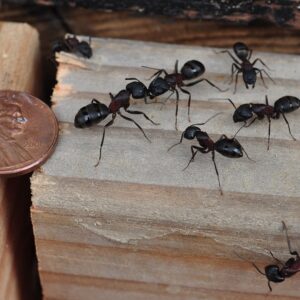
Carpenter Ants
Carpenter ants, which also damage wood, carve extensive tunnels for their nests, which can compromise a building’s stability. Unlike termites, carpenter ants do not consume wood but remove it to expand their nesting areas. Control strategies for carpenter ants include baiting systems and direct removal of nests when possible.
Cockroaches
Cockroaches are among the most common household pests, known for spreading germs and allergens that can lead to health issues like asthma. Pest control for cockroaches generally involves sanitation, chemical treatments, and traps to address both infestations and prevent reoccurrence.
